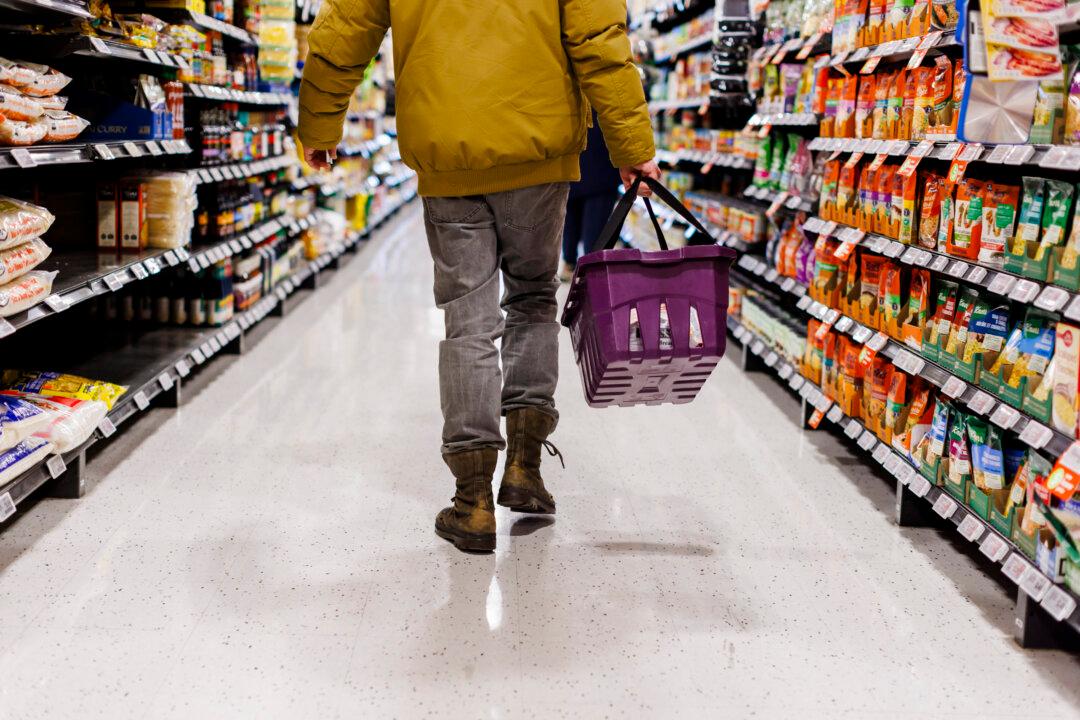The impact of Ottawa’s decision to drop the consumer carbon tax to zero may not be noticeable on the prices of items in grocery stores, a food security expert says.
Prime Minister Mark Carney issued a directive to bring the consumer carbon tax to zero when he was sworn in on March 14. The move took effect on April 1, the day the carbon tax was set to increase by $15 more per tonne.





